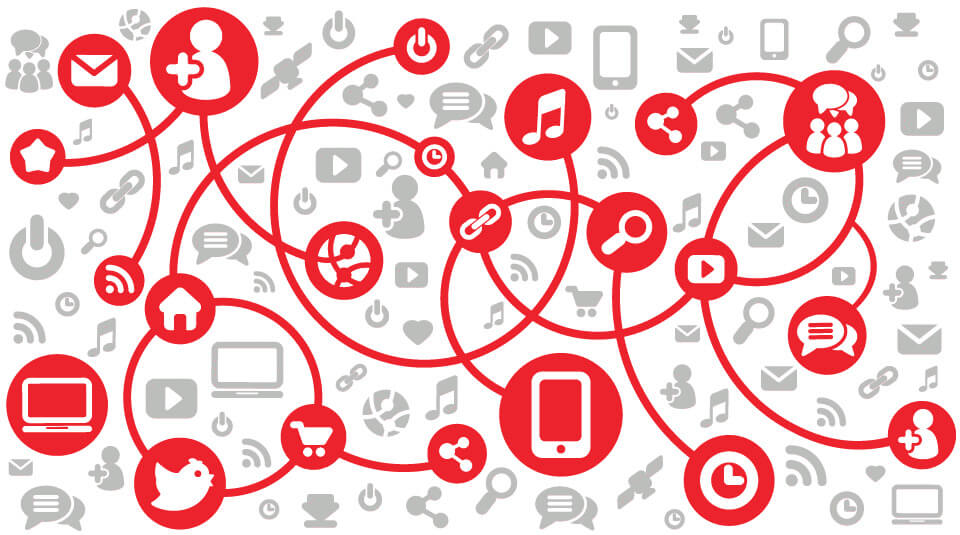
The fast-paced social media and accessibility to real-time information through mobile devices have reshaped how we see the world.
NB: This is an article from Asksuite
This has compelled travelers to seek immediate responses regardless of where they are on the buying journey. The surge in customer service channels presents an unprecedented challenge for hoteliers, as their response time window starts to dwindle.
Subscribe to our weekly newsletter and stay up to date
This intensifies as agents have to navigate multiple channels and monitor previous interactions to ensure guests feel acknowledged and understood.
The need to streamline the booking process and attain a firmer grasp of concurrent customer needs has led us into the era of omnichannel solutions.
But to truly harness the transformative potential of omnichannel service software within the hospitality industry, we must first delve into the differences between omnichannel and multichannel solutions.
Understand the difference: omnichannel vs. multichannel
In a nutshell, a multichannel strategy means communicating with travelers on separate channels. An Omnichannel strategy means communicating with travelers by integrating all channels on a single platform.
Multichannel
In a multichannel approach, it’s understood that when more channels are offered, hotels can reach more interested travelers.
Hotels increase the chance of connecting with new customers through a multichannel strategy. But every channel is used separately, and the customer experience can be compromised because data is not shared across all channels.
While beneficial in expanding a hotel’s reach and visibility, a multichannel strategy can present significant challenges for hotel staff. The need to constantly juggle between various apps and tabs to reply to inquiries from different channels can be overwhelming and time-consuming.
This not only affects the response-time, but also increases the risk of overlooking essential information from travelers. As the volume of messages and inquiries grows, the likelihood of errors escalates, negatively impacting the hotel’s reputation.
Omnichannel
Just as your hotel uses a Channel Management System (CMS) to centralize each sales channel from many different sources, omnichannel customer service management can unify communication channels on a single screen.
With a CMS, when you update a room rate, all channels automatically update as well, without having to change each one manually. Similarly, in the omnichannel framework, reservation agents don’t have to constantly switch tabs to respond to every demand. They can manage all service channels on one platform.
To this end, your hotel may have many communication channels at travelers’ disposal, but if these channels don’t talk to each other, it is not an omnichannel service.
In an omnichannel approach, it doesn’t matter which agent oversees the customer service or on which channel the initial inquiry takes place. All channels are connected and data is shared, making it easier for the customer to engage and build a relationship with the hotel.

Advantages of adopting an omnichannel
The modern traveler uses multiple channels, so it’s important for hotels to be available wherever potential customers are. The mistake that many hotels are making is that they’re utilizing social media only as a marketing or advertising tool.






